- 5 Tips To Finding Peace Within Yourself
- The Do’s and Don’ts of Learning How to Accept Yourself
- How to Find Your Inner Peace and Transform Your Life
- 8 Benefits of Having an Open Mind and How to Get One
- Learn How To Be A Happier Person
- What Is The Meaning Of Life?
- Laws of Abundance – The Riches of Love and Joy
- How to Be Laid Back By Following These 9 Simple Strategies
- The meaning of confucius’ golden rule – 4 practical ways of living it
- 3 methods of unleashing the power of contentment in your life
Coping With Panic Disorder: A Panic Free Life

Anxiety attacks differ greatly from panic attacks, although it is common for people to confuse the two. While the symptoms may be very similar, it is the ‘trigger’ for the attack that separates anxiety from panic. When people become anxious, there is usually an identifiable cause, such as worrying about whether the car will make it home during a snowstorm or if there will be another chewing out by the boss. Anxiety attacks may be easier to deal with because the cause can be pinned down and dealt with.
Panic is another matter, and the fact that a panic attack can awaken someone out of a sound sleep indicates that the catalyst for the attack is usually absent. While a good portion of the population may suffer from a panic attack or two, it is not until repeated attacks and fear of these attacks occur that someone is said to be suffering from a panic disorder.
One thing that everyone with panic disorder will agree on is that they want to find some way to cope with panic disorder as quickly as possible. Although conditions such as mitral valve collapse or thyroid irregularities can sometimes cause panic disorder, in most cases there is no underlying physical reason.
Fortunately, it is possible for anyone to fight back against panic disorder to return to living without fear. The whole problem revolves around control – will you control your panic disorder, or will panic disorder control you. Prescription medications are one answer, but there are plenty of natural ways to cope with panic disorder even more effectively.
- A sedentary lifestyle can contribute to the development of panic disorder. Of necessity, most of us spend the day sitting on our duffs, and the lack of movement means that one of the major ‘mood’ chemicals, serotonin, is not released in quantities enough to prevent panic attacks and disorder. Put aside even half an hour a day for exercise, even if it’s just walking, and let your natural mood enhancers flow.
- Coping with panic disorder can involve getting in touch with yourself through meditation. Meditation not only promotes a feeling of relaxation, but it also helps to filter out all distractions and negative thoughts that might be contributing unconsciously to your panic disorder syndrome.
- It sometimes may seem as if it’s impossible to get a good night’s sleep anymore. Most of us are so busy during the day and absorbed with problems and worries that we might wish our minds had an off switch. Training yourself to fall asleep at a designated time and to stay asleep until the alarm clock goes off will help you cope more effectively with panic disorder.
- One way to help short circuit panic disorder is to start another activity when an attack starts. Leaving the area where the attack has started will provide the first change of scene, then do something that you enjoy, such as a hobby or gardening. Directing the mind away from the attack can help diminish the frequency and severity of the attacks, and help to conquer panic disorder.
- Many people are ashamed of having panic disorder, but it is merely another facet of the human condition that must be dealt with if your life is to return to normal. Humans are social animals and the old saying, “A problem shared is a problem solved” is quite true when coping with panic disorder. Seek the comfort and support of family and friends when having an attack, it will go away more quickly, and knowing that you can depend on others for a bit of extra strength will make it much easier to put panic disorder behind you.
Panic disorder is an equal opportunity pest and affects millions of people around the world. Facing that you have this problem and then taking steps to actively overcome it is the best way to cope with panic disorder.




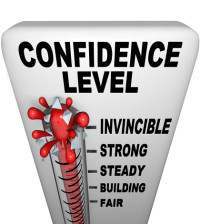


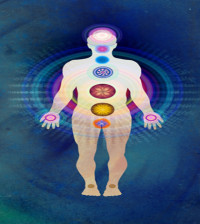

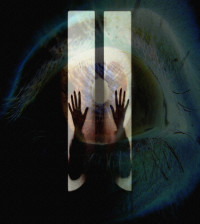


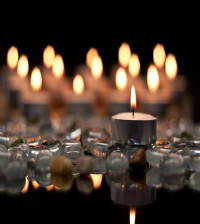























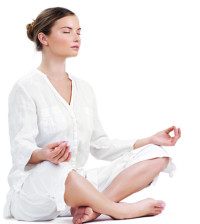

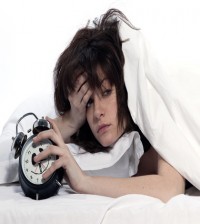


You must be logged in to post a comment Login